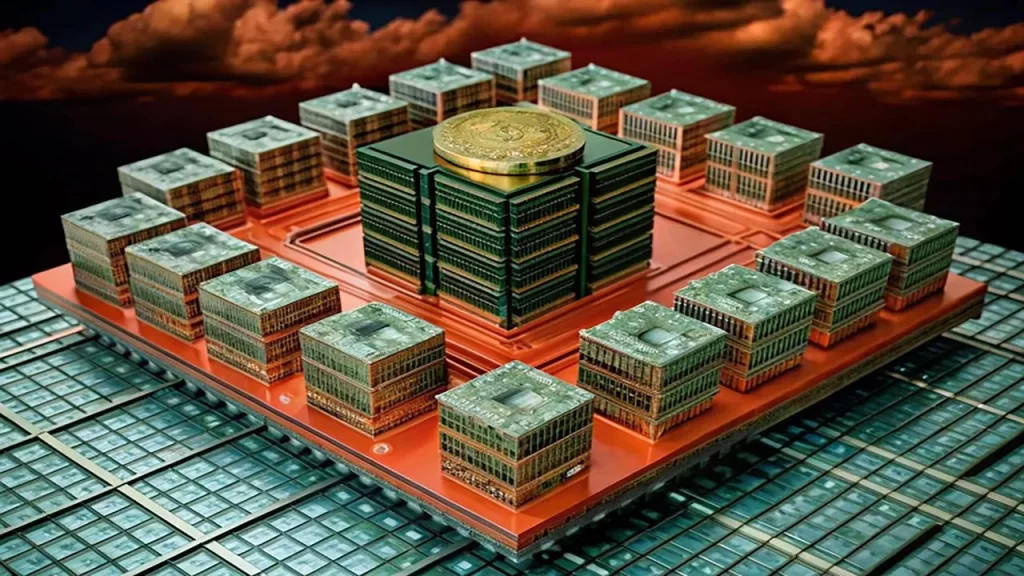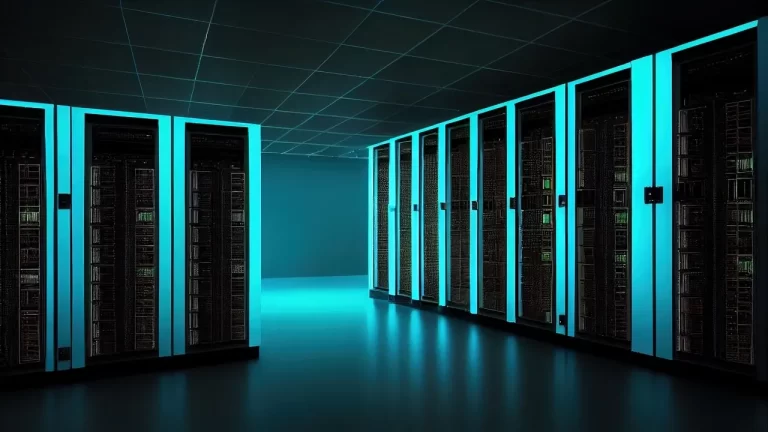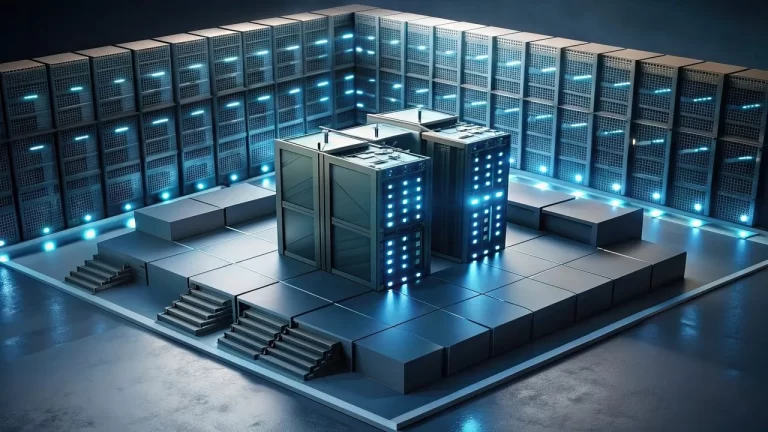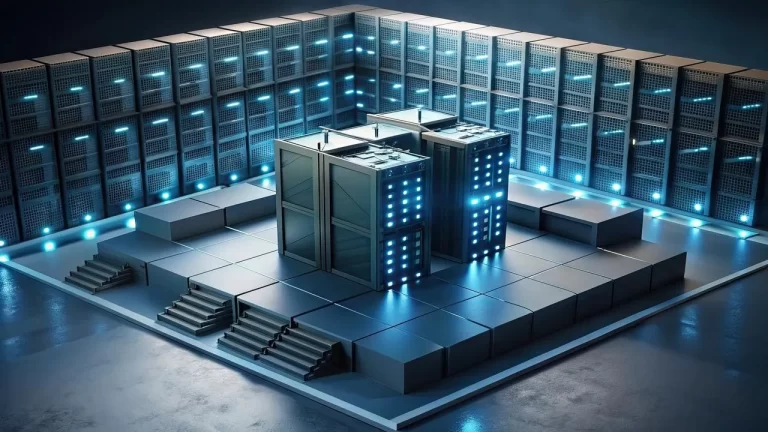The new policies of President Donald Trump evoked tariffs on Chinese, Taiwanese, and South Korean components as well as other components that are likely to hamper the growth of giant tech companies in the United States. These are electronics and telecommunications which are at 34% for China, 32% for Taiwan, and 25% for South Korea, and the rest all the products which attract a general tariff of 10%. As a result, it is believed that this escalation will increase the cost of establishing the facilities of the data center including the servers, networks, gears, and cooling mechanisms. However, analysts say that with these increased expenses, there will likely be delays or abandonment of data center projects due to high capital spending.
The costs induced by tariffs may force the technology giants to look for other places to base new data centers. In sourcing their products, global companies can escalate the cost of trade operations and also balance the impacts of tariffs from the U.S. The dangers that are inherent in such a possibility are that macro capital might be shifted away from the United States, and this may indeed limit employment chances in the country besides the allocation of technology.
Lastly, the tariffs on metals such as aluminum and steel might aggravate the problem of the deficits of spare parts like transformers, which are crucial in data centers. This problem may slow down the development of data centers and disrupt the power system, along with additional issues that tech companies experience in diversification.
Thus, the new tariffs are likely to have various consequences for Big Tech’s data center growth in the USA, including higher costs, reprioritization of domestic investments, internationalization, and the slowing down of AI and cloud progress.
Rising Costs: Data Center Equipment Prices Set to Surge Under New Tariffs
New imposed tariffs include maximum protective duties for the technology equipment imported from China at 34%, from Taiwan at 32%, and from South Korea at 25%, besides the basic ten percent on all imported products. The intensity is envisaged to push up the price of the center’s critical commodities, which include servers, networking equipment, and cooling systems. These hikes are unlikely to work well, as experts have predicted that data center projects might either be delayed or even completely shelved due to soaring capital costs.
In addition, as indicated by the Consumer Technology Association (CTA), different technology products will experience a steep increase in price as a result of the tariffs. For example, electronics such as laptops & tablets could go up to a maximum of 57.3%. Such trends are expected to put pressure on IT budgets and may also contribute to infrastructure refreshment gaps.
Big Tech Recalculates: Google, Microsoft, and Amazon May Rethink U.S. Investments
As a result, various technological companies, such as Google, Microsoft, and Amazon, among others, are compelled to reconsider their investment expansion rates in the United States due to the higher costs attached to the tariffs. Such a situation may make these companies review or downscale their data center investment plan in the domestic market. For instance, Microsoft has already scaled down its figure of data center growth plans due to the upsurge in costs.
The broader market itself has had a negative response to such developments, primarily through the plunging of tech stocks. The S&P 500 sank by 4.8%, while the Nasdaq was down by 6%—such declines have not been seen since early 2020. This fluctuation in the stock market is owed to the insecurity of investors due to deceleration in the advancement of technology infrastructure.
Global Shift? Higher Tariffs Could Push Data Center Expansion Overseas
Some of the impacts of the tariffs proposed are the level of pressure that they bring financially, which may cause corporations such as the tech behemoths to start looking for another country to establish their data centers. Since the tariffs are imposed on imports, having investments in other countries with better trading conditions and lower costs is helpful. This may mean that large sums of funds would be taken out of the U.S in terms of job creation and disruption of advanced technology.
Also, due to the tariffs by the United States, global trade is prepared for even more products from other parts of the world, particularly China. Depending on the changes of blocks of shares, this may intensify the competition and have a direct impact on the strategic choices of IT stakeholders on how to proceed with their expansion strategies.
AI and Cloud at Risk: Tariffs Could Slow Innovation in U.S. Data Centers
Equipment tariffs also pose a threat to the progress of AI and cloud computing services in the United States, as the costs will rise and slow down the advancement of AI-based data centers and the ability of cloud computing services to expand in the region to meet the demands of the firms and the competition globally. Large companies such as Nvidia that are into the development of AI technologies may face reduced sales of their products in the future.
Additionally, the imposed tariffs on materials like aluminum and steel can worsen the existing deficit of imperative equipment like transformers in data centers. This could slow down the development of data centers and destabilize the power supply, adding to other problems affecting the technology industry.
Concisely, the new tariffs will prove to be highly impactful on Big Tech’s data centers in the US in the following ways: raise cost implications for Big Tech data centers, force the Big Tech firms to reconsider their investments in their home country, lead to a shift of Big Tech’s investments to foreign countries, and slow down advancement in artificial intelligence and cloud solutions.








